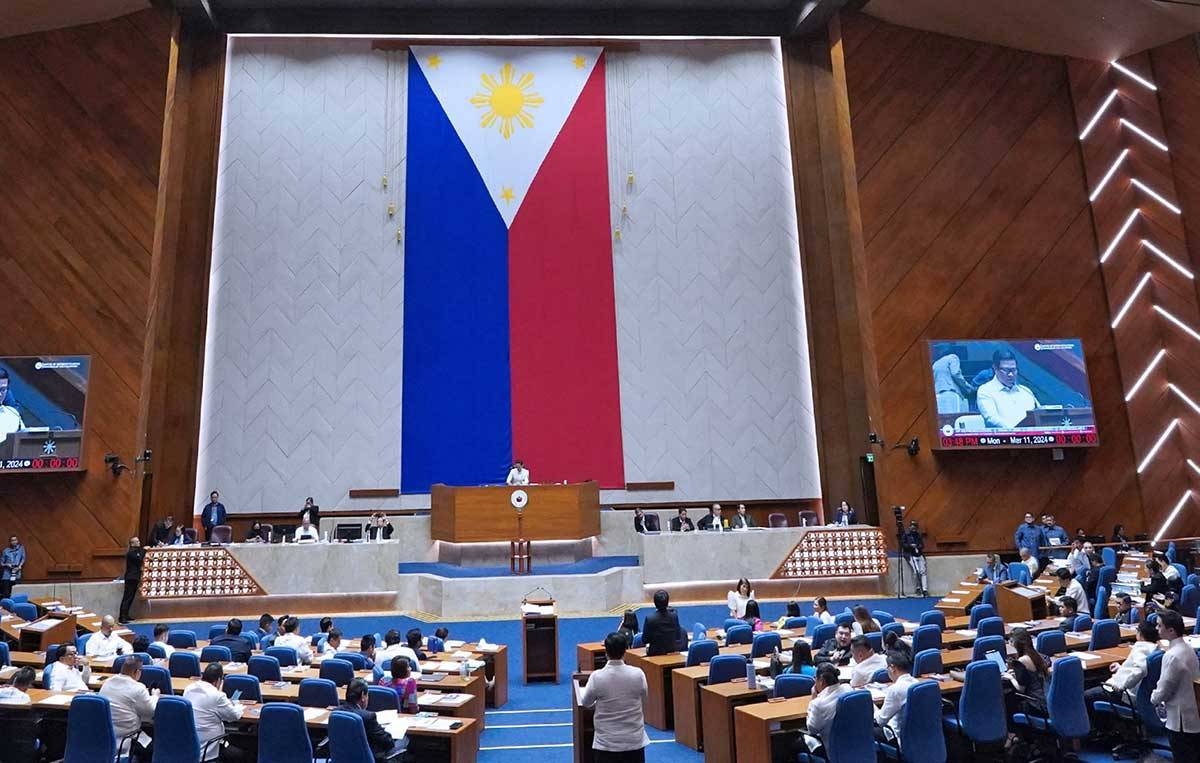The decision to authorize committee hearings during the congressional break
The decision to authorize committee hearings during the congressional break is a significant step towards ensuring the efficient functioning of the House of Representatives. By allowing committees to continue their work during this period, lawmakers are demonstrating their commitment to addressing pressing issues and advancing the legislative agenda.
The importance of committee hearings during the congressional break
This move is particularly important given the multitude of challenges and concerns facing the nation. With the ongoing COVID-19 pandemic, economic recovery, and various other policy matters, it is crucial for the House to remain proactive in its legislative duties. Allowing committee hearings during the congressional break enables lawmakers to delve into these issues, gather information, and develop informed solutions.
Committee hearings and serving the needs of the constituents
Furthermore, this decision reflects the House’s dedication to serving the needs of the constituents. By conducting hearings and meetings, committees can engage with experts, stakeholders, and the public to gather input and perspectives on important matters. This inclusive approach ensures that the legislative process is transparent, participatory, and reflective of the diverse interests and concerns of the people.
Timely decision-making and the authorization of committee hearings
The authorization of committee hearings during the congressional break also highlights the House’s recognition of the importance of timely decision-making. By utilizing this period effectively, lawmakers can expedite the legislative process and prevent unnecessary delays. This is particularly crucial for urgent matters that require immediate attention and action.
Collaboration and teamwork in committee hearings
Additionally, the decision to authorize committee hearings during the break demonstrates the House’s commitment to collaboration and teamwork. By empowering committees to continue their work, lawmakers can leverage the expertise and diverse perspectives within the House to develop comprehensive and well-informed legislation. This approach fosters a culture of cooperation and ensures that the legislative output is of the highest quality.
The role and importance of committee hearings
Committee hearings play a crucial role in the legislative process by providing a platform for lawmakers to gather information, assess the effectiveness of existing laws, and propose necessary reforms. These hearings are an essential component of the oversight functions and legislative inquiries that safeguard the integrity of government institutions and ensure transparency and accountability.
Citizen participation and accountability through committee hearings
During these hearings, members of the House of Representatives have the opportunity to question government officials, experts, and stakeholders on various issues. This allows for a thorough examination of policies, programs, and actions taken by the government, ensuring that they are in line with the best interests of the people.
Transparency, integrity, and public trust in government
Moreover, committee hearings provide a forum for citizens to voice their concerns and grievances. It allows them to participate in the decision-making process and hold their elected representatives accountable for their actions. This engagement between lawmakers and the public fosters a sense of trust and confidence in the government, as citizens feel that their voices are being heard and their interests are being taken into consideration.
Exposing wrongdoing and maintaining transparency
Furthermore, these hearings serve as a means to expose any potential wrongdoing or corruption within the government. By subjecting government actions to scrutiny, committee hearings act as a deterrent against abuse of power and ensure that public officials are held responsible for their actions. This promotes a culture of transparency and integrity within the government, which is essential for maintaining public trust.
Committee hearings and public participation in the democratic process
In conclusion, committee hearings are a vital component of the legislative process. They enable lawmakers to gather information, engage with the public, exercise oversight, and make informed decisions. By providing a platform for dialogue and participation, committee hearings contribute to the transparency, accountability, and effectiveness of the policy-making process.
Comprehensive discussions and transparency during the congressional break
Furthermore, conducting committee hearings during the congressional break allows lawmakers to engage in thorough discussions and deliberations on proposed bills. This extended period of time enables them to carefully examine the provisions of each bill, consider its potential impact on various sectors, and gather expert opinions and insights.
Inclusive approach, transparency, and accountability
During these committee hearings, lawmakers have the opportunity to invite stakeholders, such as representatives from government agencies, industry experts, and members of civil society organizations, to provide their inputs and perspectives. This inclusive approach ensures that the legislative process is comprehensive and takes into account the diverse needs and interests of the Filipino people.
Promoting transparency and accountability
Moreover, the decision to hold committee hearings during the break also promotes transparency and accountability in the legislative process. By conducting these hearings in the public eye, lawmakers are able to demonstrate their commitment to open governance and allow the public to witness firsthand the discussions and decisions that shape our nation’s laws.
Addressing urgent issues and efficient use of time
Additionally, the efficient use of this period allows lawmakers to address urgent and pressing issues that require immediate attention. This could include legislation related to public health crises, economic recovery measures, or national security concerns. By prioritizing these matters during the break, lawmakers can ensure that the needs and concerns of the Filipino people are promptly addressed, even in the face of challenging circumstances.







